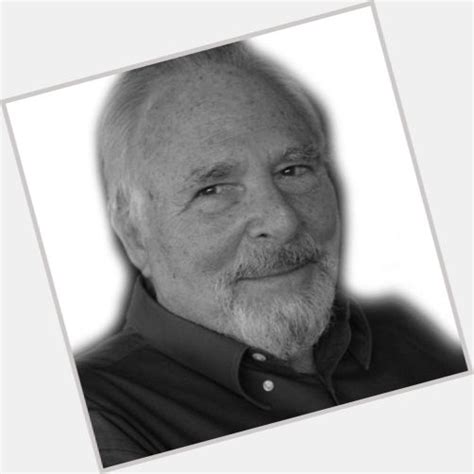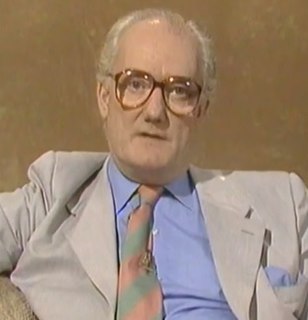A Quote by Larry Hurtado
I think that Rodney Stark studies of new religious movements in the modern world give us some insights into the kinds of questions that we can ask about early Christianity.
Related Quotes
Religion is a valid inquiry; whether society accepts it or rejects it, it doesn't matter. Man is a religious animal and is going to remain that way. Religion is something natural. To ask from where you come is relevant; to ask, 'Who am I?' is going to remain relevant always. But the modern mind has created a climate of atheism so you cannot ask such questions. If you ask, people laugh. If you talk about such things, people feel bored If you start inquiring in these ways, people think you are slipping out of your sanity. Religion is no longer a welcome inquiry.
We have entered a new and different world-richly interconnected and radically multicentric-in which the traditional holders of power have to move over and make room for new stakeholders, new players, and new leaders of many kinds. Nobody in Charge, drawing on the learnings of a wise and widely experienced public executive, offers some priceless insights into how things have changed, where they are now, and where we may be going next in this bewildering terrain.
I think my books give people a language to have a conversation about God that's not religious. There isn't enough new literature that brings the conversation of God into a modern context. I love the Bible, but in the West we've analyzed it until it fits into a structure of control. We need more new stories. We need different ways of looking at things, and I think it's coming.
THE NINETEENTH CENTURY SPREAD OF CHRISTIANITY WAS DUE PRIMARILY TO A NEW BURST OF RELIGIOUS LIFE EMANATING FROM THE CHRISTIAN IMPULSE. . . . NEVER IN ANY CORRESPONDING LENGTH OF TIME HAD THE CHRISTIAN IMPULSE GIVEN RISE TO SO MANY NEW MOVEMENTS. NEVER HAD IT HAD QUITE SO GREAT AN EFFECT UPON WESTERN EUROPEAN PEOPLES. IT WAS FROM THIS ABOUNDING VIGOR THAT THERE ISSUED THE MISSIONARY ENTERPRISE WHICH DURING THE NINETEENTH CENTURY SO AUGMENTED THE NUMERICAL STRENGTH AND THE INFLUENCE OF CHRISTIANITY.
The modern world is not evil; in some ways the modern world is far too good. It is full of wild and wasted virtues. When a religious scheme is shattered (as Christianity was shattered at the Reformation), it is not merely the vices that are let loose. The vices are, indeed, let loose, and they wander and do damage. But the virtues are let loose also; and the virtues wander more wildly, and the virtues do more terrible damage. The modern world is full of the old Christian virtues gone mad. The virtues have gone mad because they have been isolated from each other and are wandering alone.
The basic drive behind real philosophy is curiosity about the world, not interest in the writings of philosophers. Each of us emerges from the preconsciousness of babyhood and simply finds himself here, in it, in the world. That experience alone astonishes some people. What is all this - what is the world? And what are we? From the beginning of humanity some have been under a compulsion to ask these questions, and have felt a craving for the answers. This is what is really meant by any such phrase as 'mankind's need for metaphysics.'































